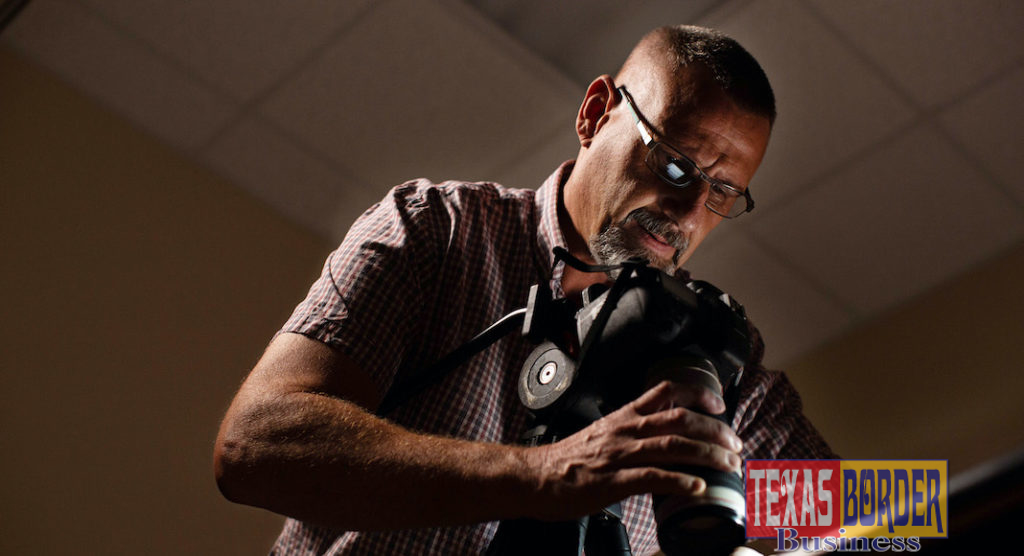
Texas Border Business
BROWNSVILLE, Texas – Every year hundreds of migrants die in the Rio Grande Valley area after trekking over 1,000 miles through Central America and Mexico. Many are never found and those the bodies can be difficult to identify.
“These people are dying in Mexico, in Chiapas and every state along the way, and they are dying as soon as they come across the border,” said Thomas Kimbriel, Texas Southmost College Photo Macro Forensics instructor and retired U.S. Customs and Border Protection agent with the Missing Migrant Program. “They are drowning, it’s always been a problem, but they are also dying of other diseases.”
In addition to dying of thirst and heatstroke, migrants who overexert themselves are dying of rhabdomyolysis, a breakdown of the muscle tissues that eventually leads the kidneys to shut down.
Over his 30-year career in law enforcement, 20 years as a CBP agent, Kimbriel saw firsthand the tragic loss of life of migrants trying to reach the U.S. Oftentimes, he came across bodies that had been in the water for long periods of time or out in the sun. The deteriorated state of the bodies made them difficult to identify in order to send them back to their families in their countries of origin.
“I had to deal with both issues,” said Kimbriel. “I did some research on the water issue and I found an article about forensic entomology. I tried that with a case and it allowed me to use photography to get identifications. They were identifications that would never have even been attempted by fingerprints before because they would not be possible with the ink and powder methods of the old days, or the electronic methods.”
One of the reasons it’s important to use effective techniques to identify bodies in the least amount of time is to reduce the expense of refrigeration, which is paid for by taxpayer dollars.
“The public has to pay for the refrigeration of the remains, and that’s anywhere from $150 to $300 a day,” said Kimbriel. “With fingerprints, you will see identifications 3 to 7 days without other problems whereas DNA is 6 to 8 months, best case scenario.”
Kimbriel, a 54-year-old Army veteran during the latter part of the Cold War, is bringing his unique expertise to Texas Southmost College where he will teach a new 80-hour, two-week Photo Macro Forensics training course that will provide a basic understanding of macro photography, latent fingerprinting and state-of-the-art post-mortem identification techniques.
“Tom Kimbriel is a recognized expert in the field of Photo Macro Forensics,” said Dr. Joseph Fleishman, TSC associate vice president of instruction-workforce training. “He has worked with multiple foreign government agencies and organizations in this area of expertise.”
According to Fleishman, TSC’s new Photo Macro Forensics training program is the only program of its kind in the country.
“The new 80-hour, two-week Photo Macro Forensics training program teaches the next generation of Crime Scene Investigators how to leverage technology in ways the police and fire departments, CBP, the Department of Homeland Security and country coroners have never been exposed to before,” said Fleishman. “We expect various law enforcement agencies from around the country to take advantage of this training program.”
For more information about TSC’s Photo Macro Forensics training program, call 956-295-3724.
About Texas Southmost College
Originally established in 1926, Texas Southmost College currently offers the first two years toward a bachelor’s degree, along with career and technical education leading to certificates and associate degrees, college preparatory studies to prepare students for college-level work, workforce training, and continuing education. TSC offers 50 programs of study leading to an associate degree or certificate.















